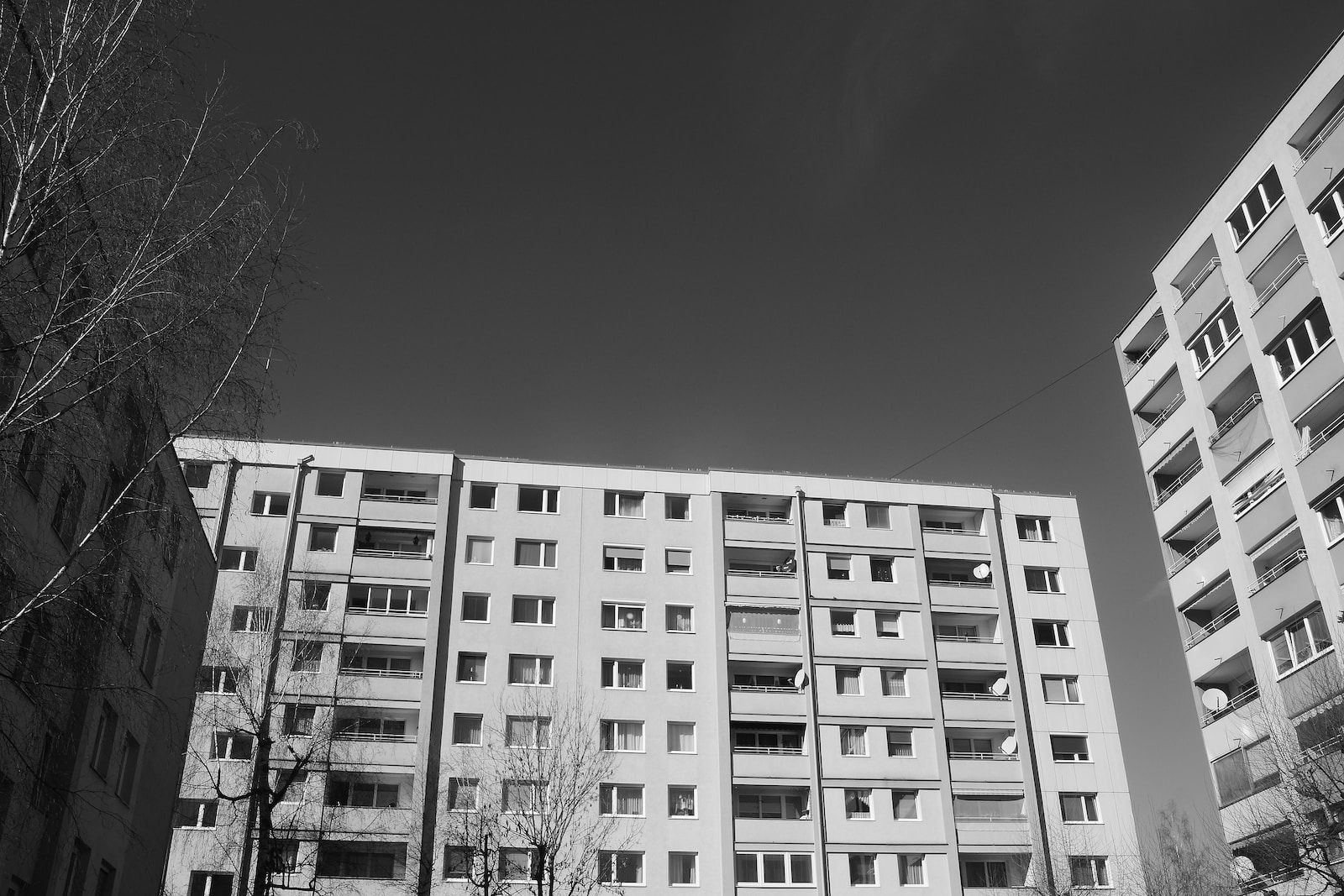The Housing Ombudsman has found severe maladministration against social housing provider Clarion after a resident ended his own life following long-running mental health issues and a nine-month noise nuisance complaint.
The Ombudsman found Clarion’s lack of consideration of the resident’s vulnerability when handling his complaints about noise led to the resident suffering over a nine-month period.
In the same month the resident first reported the noise issues, which were related to wooden flooring above and children jumping, the resident attempted an overdose, blaming it on the noise nuisance he was suffering. Despite the landlord recording vulnerabilities for the resident, it did not tailor its responses effectively.
In its first response to the resident, Clarion sent a standard anti-social behaviour letter, agreed to speak to the neighbour and created an action plan for the issue. The neighbour agreed to having carpet fitted, but the resident soon spoke about how little difference this made.
At this time, there was no risk assessment conducted by the landlord.
From this time, two months after the initial reporting of the noise nuisance, a tenancy sustainment officer had weekly contact with the resident. In the same month, the landlord issued its stage one response which acknowledged the issues and used the weekly contact as an opportunity for updates regarding the complaint.
The landlord said it would not install sounds monitoring equipment due to the Covid-19 lockdown occurring at the time, even though government guidance stated that landlords could carry out repairs and safety inspections.
When the resident filed two more noise reports, he was once again sent the standard ASB letter he was sent months previously. Over the course of four months, the resident completed 18 noise reports and noise recordings were sent to the landlord but due to software issues, not all were listened to.
A visit to the property by the landlord found ‘considerable transmission of both noise and movement from the flat above into the resident’s flat’ but nothing more was done.
With issues still ongoing, the mental health team expressed concerns to the landlord about the resident. Throughout the complaint the resident himself complained of worsening mental health including anxiety and depression, stress and not eating or sleeping.
In the month before the resident took his life, the landlord installed some sound monitoring equipment for a short period before removing it and taking no further action. It also did not act on his rehousing request. 10 days before the resident ended his life, the landlord closed the case.
While the resident did not leave a note of intent, there was a history of overdose by medication because of the noise issue. There was no Prevention of Future Deaths order made for the landlord and the coroner concluded the resident took his own life.
The Ombudsman ordered a senior leader in the organisation to write a letter of apology to the residents’ family, as well as for the landlord to self-assess against the Ombudsman’s Spotlight on Noise complaints report. It also ordered the landlord to review its record keeping and its vulnerable residents policy.
Housing Ombudsman Richard Blakeway said: ‘This is a deeply distressing case. It is clear the landlord’s staff have sought to learn lessons following these tragic events and several of its actions reflect the recommendations we made on our Spotlight report on noise nuisance last year.
‘While the events in this case precede our Spotlight report, unquestionably this tragic case shows why the recommendations from this are so important for landlords to urgently address.
‘When we published our Spotlight report on noise, we were clear that this was a significant issue for the sector after disrepair. The sector needs to take action to ensure that noise transference is treated with the seriousness it requires.
‘Unfortunately, evidence across our casework shows that noise can sometimes be pushed to one side but for residents, this is something that can engulf them.
‘In this case, the landlord repeatedly failed to apply a considered and tailored approach to the resident, despite a previous attempt to end his life. That should have been a warning but instead the landlord did not go far enough.’
A ‘learning statement’ from Clarion said: ‘We offer our heartfelt condolences to the family and an unreserved apology for all shortcomings in the service we provided the resident. We recognise that our communication process should have been far better and we accept the recommendations of the Ombudsman with humility.’
Clarion said it had made changes to its automated letters process and produced an action plan in relation to noise nuisance.
Image: Uta Scholl
Government calls on social housing residents to raise poor living standards
Social housing: new sustainable standards for properties have been constructed













